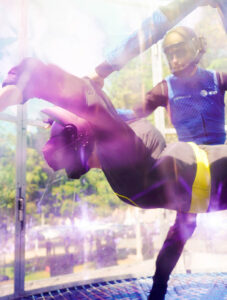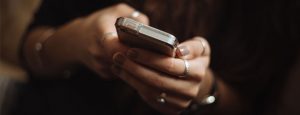Reading a recent article in the Economist, I couldn’t help but think of the implications on our work. There is a new study that provides scientific data backing up the effectiveness of brand building in marketing, an inherently difficult pursuit to quantify. Call-to-action oriented campaigns have specific measures to quantify their success. Branding campaigns are much more difficult to measure and often questioned by company executives especially when cuts need to be made. But thanks to Dr. Antonio Rangel of the California Institute of Technology we now have the first study that demonstrates the effectiveness of branding.
The article is a synopsis of research published in the Proceedings of the National Academy of Sciences. In it Dr. Rangel proves that a person’s perception of a product directly affects his or her actual enjoyment of the product. One example stated is a wine tasting conducted with both normal wine drinkers and a wine club. In both instances when they tasted what was described as a $10 bottle of wine it rated less than half as good as when they tasted the same wine and were told it was a $90 bottle of wine. The interesting twist here is that it wasn’t people simply saying they enjoyed the $90 bottle more, brain scans actually indicated that they did derive more enjoyment from the perceived pricier bottle. When the same test was conducted without price information, there was not the perceived difference.
The article focused on the why this happens in the brain and traces two possibilities back to survival and evolution. I on the other hand kept thinking about how great this news is for those of us lucky enough to work with retailers and manufacturers, and the author does give a nod to that very same observation in the last paragraph. Scientific evidence that reinforces the need for a thoughtful brand strategy is good news to all of us who have known it to be true since we started in this business.
– Contributed by Todd Cameron

